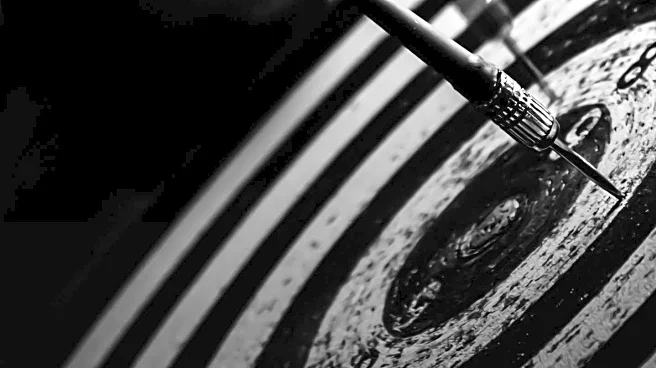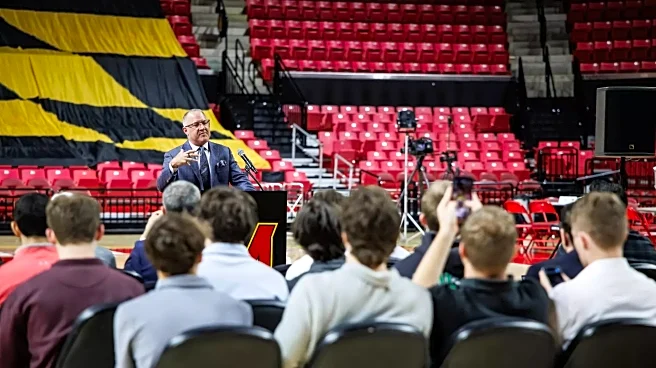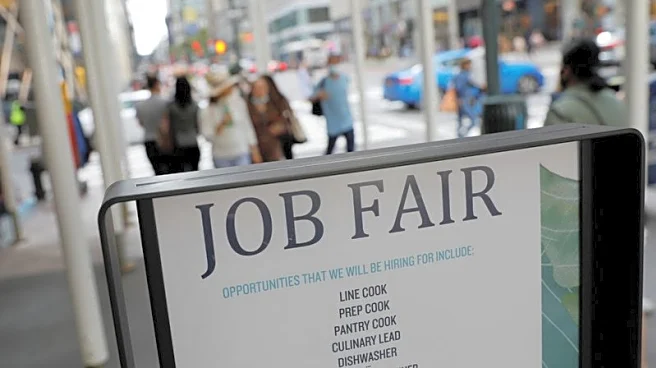What's Happening?
The Ouija board, a popular paranormal parlor game, has a rich history in the United States, dating back to the spiritualist movement of the mid-1800s. This movement gained traction due to the widespread impact of death during the Civil War. In 1967, Ouija boards
outsold Monopoly, highlighting their cultural significance. The world's first Ouija board museum, located in Salem, Massachusetts, was established by John Kozik to delve into the game's history and its appeal. Kozik also opened a second museum in Baltimore, further expanding the exploration of this intriguing cultural artifact. The museum offers insights into the Ouija board's role in American spiritualism and its enduring fascination.
Why It's Important?
The Ouija board's popularity reflects broader societal interests in the paranormal and spiritualism, particularly during times of national trauma like the Civil War. Its ability to outsell Monopoly in 1967 underscores its cultural impact and the public's fascination with the supernatural. The establishment of dedicated museums in Salem and Baltimore signifies a growing interest in preserving and understanding this aspect of American cultural history. These museums serve as educational resources, offering visitors a chance to explore the intersection of history, culture, and the supernatural, and contribute to the broader discourse on how society copes with mortality and the unknown.
What's Next?
The continued interest in Ouija boards and their cultural significance may lead to further expansions of museum exhibits and educational programs. As public curiosity about the paranormal persists, these museums could collaborate with historians and cultural experts to deepen the understanding of spiritualism's role in American history. Additionally, the museums might explore partnerships with other cultural institutions to broaden their reach and impact. This could include virtual tours or interactive exhibits that engage a wider audience, fostering a deeper appreciation for the historical and cultural dimensions of the Ouija board.
Beyond the Headlines
The Ouija board's history and cultural impact raise questions about the ethical implications of engaging with the supernatural. As museums explore these themes, they may also address the psychological effects of belief in the paranormal and its influence on societal norms. The preservation of such artifacts highlights the importance of understanding diverse cultural practices and their historical contexts. This exploration can contribute to broader discussions on how societies interpret and integrate spiritual beliefs, potentially influencing contemporary cultural and ethical perspectives.















